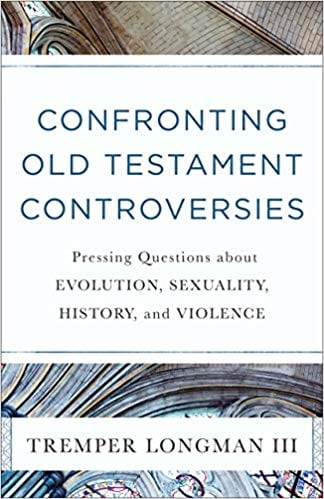Q. On pp. 153-54 you rightly invoke the concept of progressive revelation, and I agree with your view that what the divine ‘warrior’ passages in the Bible are ultimately about is God’s victory over evil, not over humanity in general. The NT would say that it involves a victory over the powers and principalities, or as we would say over the Devil and his minions. It is not about God having a victory over a particular group of human beings for the sake of some other ethnic group, not least because God loves the world and did not send his Son into the world to condemn, but rather to save the world. I do think that progressive revelation requires us to interpret the OT in general and divine violence in particular in the light of that larger redemptive purpose of God. Unlike some of your dialogue partners, I do not think we should try and eliminate the passages in the Bible that say God judges sin, or the world, or sinners for that matter. God is a God of justice from Genesis to Revelation. The question is, how does that comport with what else the Bible also says about God’s salvific purposes both in the OT and the NT. The question is also how does God execute his judgments. I would say one of the main things the Bible suggests on that latter point is that God often allows even his own followers to have the moral consequences of their actions. This is often depicted as God intervening (e.g. theophanies for judgment) but that whole language is problematic since God is constantly involved in his creation and constantly working out his salvific plan and constantly working all things together for good for those who love him. As you say much of this descriptive and vivid language about God is figurative (e.g. my personal favorite— ‘and God’s nose burned’ = and God got angry).
A. Yes, it is God’s victory over evil, but as Revelation 19:11-20 (and other places suggest) evil human people are part of the evil that is defeated. I guess too I should mention that if someone has trouble with God harming human beings created by God shouldn’t they, to be consistent, also have trouble with God harming spiritual powers and authorities? These too are sentient, personal beings created by God. Actually Greg Boyd does recognize this and argues against the idea that God harms the powers and authorities (but allows them to harm themselves). I disagree with Boyd, but he is consistent here.













